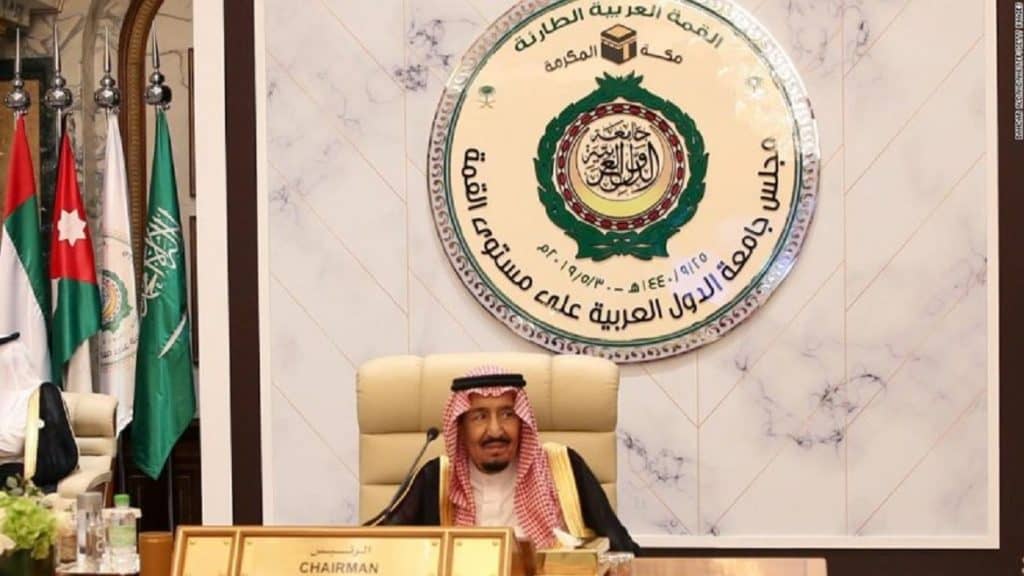By Denis Korkodinov
Arab-Iranian relations have never been stable. They are distinguished by a sequential series of ups and downs. Meanwhile, for collective security purposes, the Arab world and Iran must cooperate with each other.
During the reign of the last Shah, Tehran was extremely hostile to Baghdad. This was due to the fact that Iran was in alliance with the United States, while Iraq maintained friendship with the USSR. Among other things, Iran aimed to limit the spread of Soviet influence in the east, which Iraq sought to prevent. However, after the 1979 Islamic Revolution, the situation changed dramatically.
During the Iran-Iraq war, many Gulf countries supported Tehran. However, this was not done because the Arabs became supportive with the Ayatollah regime. They just wanted to achieve the overthrow of Saddam Hussein, for which they entered into a temporary alliance with Iran.
Subsequently, relations between Arabs and Persians acquired the character of open competition for a dominant position in the region. Tehran began a project to create a “Shiite belt”, in connection with which the leaders of countries with predominantly Sunni populations, such as Saudi Arabia, strongly opposed. The overthrow of Saddam Hussein’s power in Iraq intensified the process of competition. So, Riyadh began to rapidly form an anti-Iranian coalition of countries. In turn, the ayatollah regime turned to criticism of Israel, which further complicated the regional situation.
Tehran significantly strengthened its position in the region, due to the fact that after 2003 there was no obstacle in its way in the form of Sunni influence of the Iraqi ruler. In addition, the military presence of Iran in Syria, Lebanon and Yemen made it nervous, first of all, Israel and Saudi Arabia, which perceived the Iranian desire to dominate as a threat to national security. This pushed Riyadh to an alliance with Tel Aviv.
Meanwhile, despite the rather tense relations with the Arab world and Israel, the ayatollah regime can coexist normally with them under a number of conditions.
First, in the Middle East, a clear distribution of spheres of influence between Arabs, Persians and Jews should be established. This will allow, if not avoid conflicts in the foreseeable future, then at least minimize these conflicts.
Secondly, the mutual assistance of countries in the development of international tourism can normalize dialogue between countries and create conditions for beneficial cooperation.
Thirdly, Tehran should gain wide access to international legal institutions, where Arabs make up the majority. In this case, we can talk about the League of Arab States, participation in which, even as an independent observer, would allow Iran to receive guarantees that the Arabs have an open policy towards the ayatollah regime.
(The opinions expressed in this article are solely those of the author and do not necessarily reflect the views of World Geostrategic Insights)







